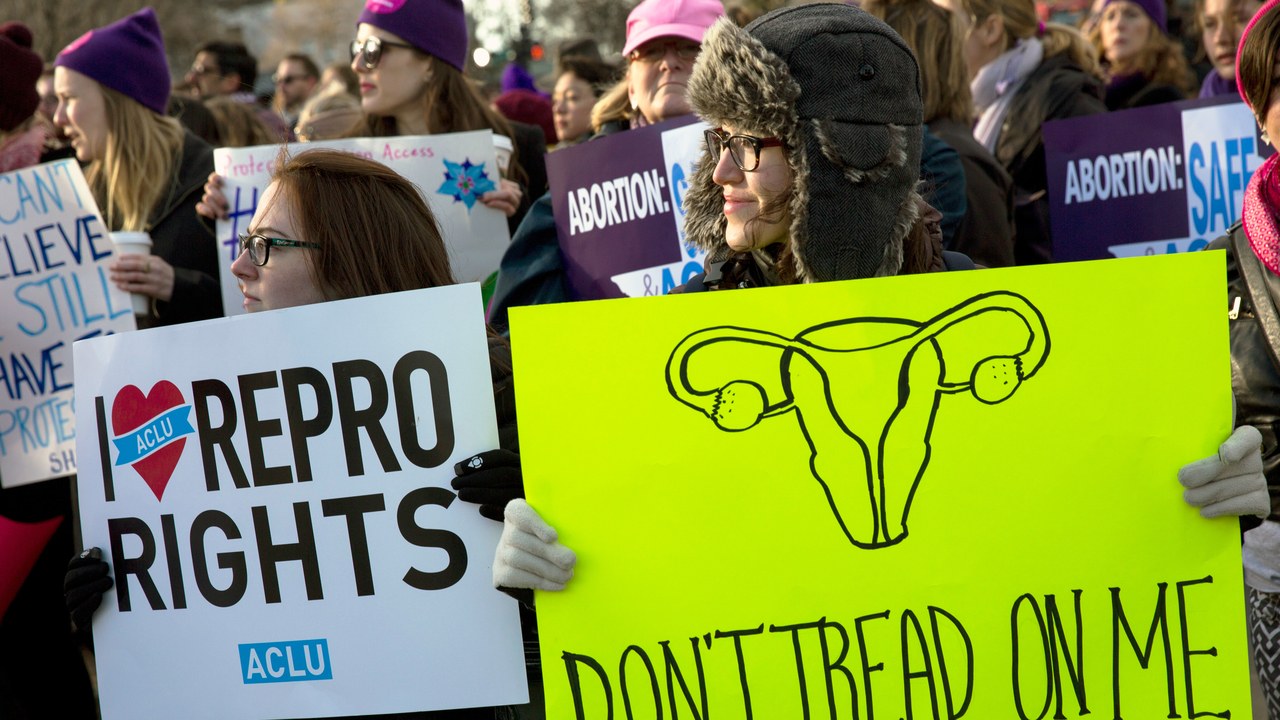On November 15, 2018, the Departments of Health and Human Services, Labor, and Treasury published two final rules that, if enacted, will deprive thousands of women of meaningful access to contraceptive health care services. The Religious Exemption Rule and the Moral Exemption Rule broadly exempt nearly every employer or university with a religious or moral objection from complying with the Affordable Care Act’s requirement to provide coverage for comprehensive preventive health services, including no-cost coverage for contraception services. Several states’ attorneys general challenged rollback and the Northern District of California and the Eastern District of Pennsylvania entered a preliminary nationwide injunction. The Administration has appealed the decision to the Third Circuit Court of Appeals.
The Lawyers’ Committee and the Center for Reproductive Rights, along with a coalition of civil rights organizations, submitted an amicus brief highlighting for the court how these rules will discriminate against employees and students who exercise their fundamental right to reproductive decision-making by using contraception – a right long recognized by the Supreme Court as a constitutional liberty. Theses rollbacks discriminate against women by singling out health care services predominantly used by women as a lesser form of care that employers and universities are free to exclude from comprehensive coverage. The amicus brief also highlights how women of color, in particular, will bear the brunt of the burden of this rollback because they already face heightened structural barriers accessing and navigating the health care system, and in exercising their right to reproductive health care. The Affordable Care Act has provided many of the over 15 million women of color with private insurance with coverage for preventive services, including cost-free contraceptives. With 83 percent of Black women, 91 percent of Latina women and 90 percent of Asian women of reproductive age using contraception, this significant coverage gain is vital for the millions of women of color seeking to plan their reproductive lives and gain greater financial stability for themselves and their families. The new rules threaten to rollback those advances and will perpetuate a longstanding history of systemic burdens and infringement on the reproductive rights of women of color and low-income women.


